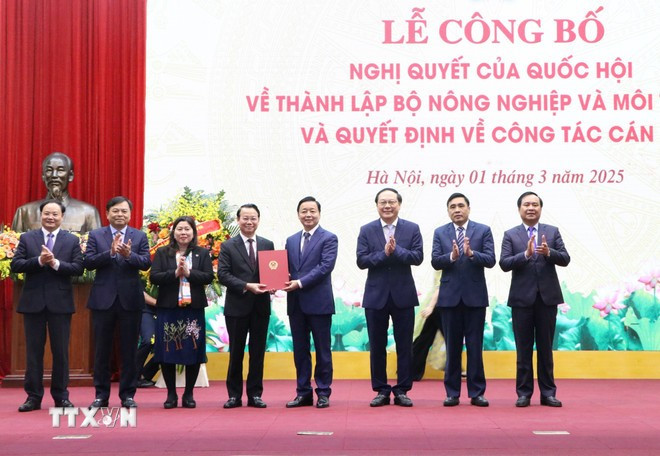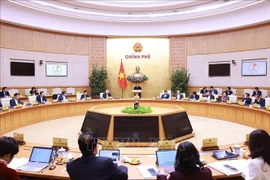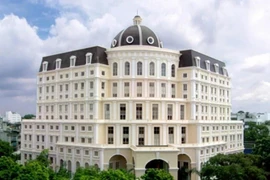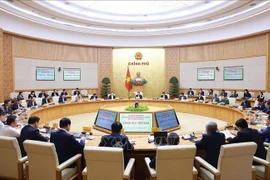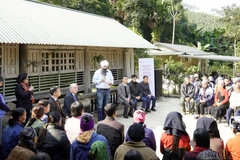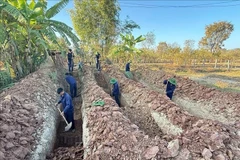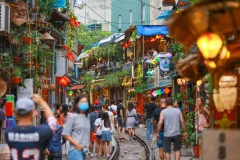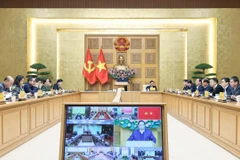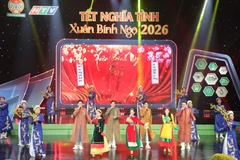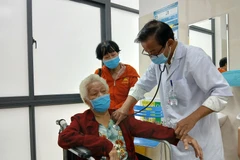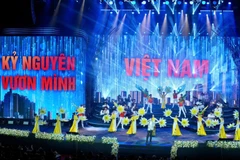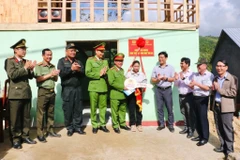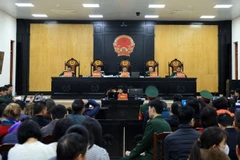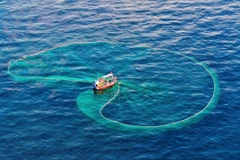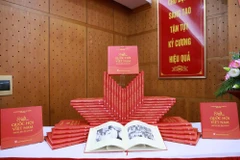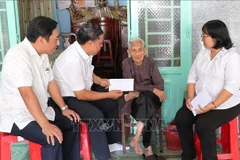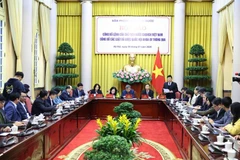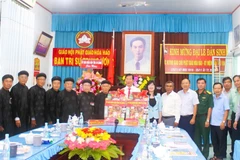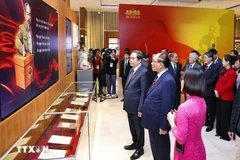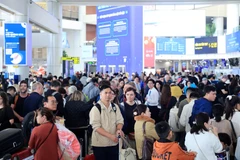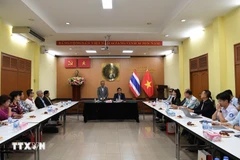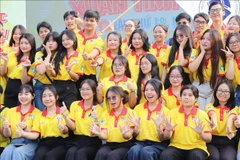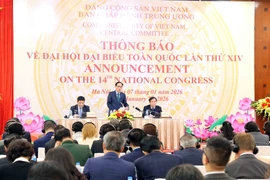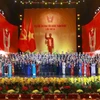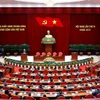Hanoi (VNA) -- The Ministry of Agriculture and Environment was officially established and introduced to the public nationwide on March 1, 2025.
This marks a new milestone in the development of a “super-ministry” with robust governance capacity while also reflecting the strategic mindset on the essential connection between agriculture and environment.
With the new path ahead, the newly formed ministry quickly began effective operations, contributing to national development in a new era – that of the nation’s rise.
Essential connection for sustainable development
At the launch ceremony, Minister of Agriculture and Environment Do Duc Duy emphasised that the merger of the Ministry of Agriculture and Rural Development and the Ministry of Natural Resources and Environment was more than a structural change. It was a valuable opportunity to restructure and enhance overall efficiency.
Bringing together environmental protection and agricultural development, as well as hydro-meteorology and farming, is necessary because these areas are deeply and organically interconnected.
For generations, rice – the symbol of agriculture – has been central to Vietnamese life. However, today, under the pressure of rapid development, agriculture has become a major sector dependent on natural resources, especially land, water and air.
Therefore, to develop a sustainable rice sector, especially in the context of increasingly complex climate change and increasingly serious environmental degradation, the traditional approach is no longer appropriate.
Agriculture should no longer be seen as merely a consumer of resources, but as part of the global ecosystem—capable of being managed to protect the environment and to drive green economic growth.
Therefore, the establishment of the Ministry of Agriculture and Environment is seen as a strategic step, reflecting the inevitable trend of sustainable development. With proper exploitation, agriculture can become an important solution to protect the environment while also creating a green and low-emission economy with long-term development.
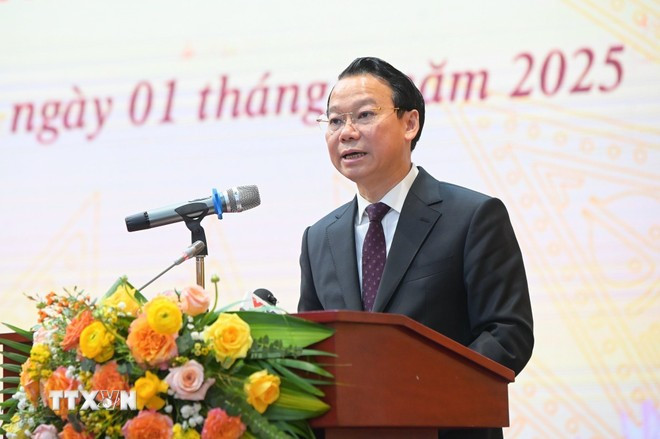
Deputy PM Ha noted that in the era of digital and green transformation, merging the two closely related ministries will create significant development opportunities.
Activate development solutions
Shortyly following the National Assembly’s issuance of a resolution on the ministry establishment, Minister Duy presented personnel appointment decisions. At the launch of the ministry, he called on the entire ministry to unite to fulfill the goals for 2025 and the whole tenure.
Its priorities include quickly stabilising the re-organised structure, and promoting institutional and policy perfection, boosting administrative reforms, and further improving the business climate. Besides, it is important to efficiently utilise resoures, remove bottlenecks, expand markets and agricultural branding, enhance value chains, and make timely adaptation to global economic and political developments so as to strive for 4% growth in agriculture, forestry, and fisheries as targeted by the National Assembly and the Government.
During the first week of March, ministry leaders held numerous meetings with subordinate agencies to grasp the situation and steer the operations of the new structure.
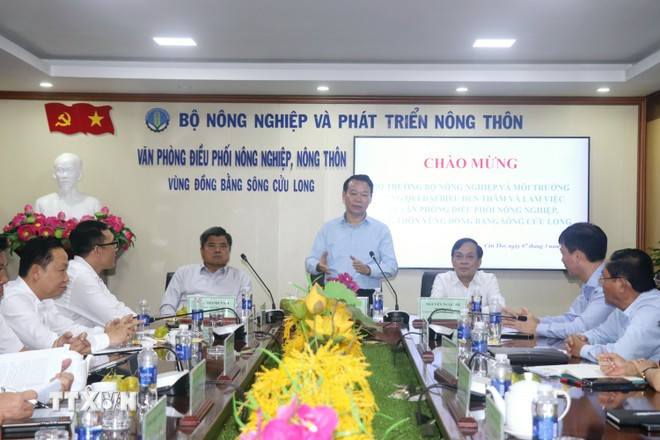
Notable events included a hybrid conference on rice market stabilisation, joined by ministries, experts, and localities, to review the domestic and international rice markets and propose sustainable development solutions.
The minister also worked with forestry departments to promote forest protection and management and under-canopy economic activities such as eco-tourism and high-value crop cultivation.
On March 8, an important meeting was held to set directions for crop cultivation and plant protection in the years to come.
That same week, Deputy Minister Nguyen Quoc Tri and the EU Ambassador co-chaired the 7th meeting of the Vietnam-EU Joint Implementation Committee on the Voluntary Partnership Agreement/Forest Law Enforcement, Governance and Trade (VPA/FLEGT) to promote trade in timber hailing from sustainably managed and legally exploited forest areas.
Deputy Minister Le Cong Thanh also met with Kim Young Ki, Acting Director of the Korea Environmental Industry and Technology Institute, to promote the establishment of a resource recycling industrial zone in Vietnam under a memorandum of understanding signed between the then Vietnamese Ministry of Natural Resources and Environment and the Republic of Korea’s Ministry of Environment in 2024.
Additionally, ministry leaders have visited local communities and businesses in aquaculture, crop production, and livestock farming to listen to their opinions, exchange views, and help resolve issues.
These field trips reflect the ministry’s commitment to aligning policies with reality, aiming to activate effective solutions to fulfill all the tasks entrusted by the Party, State, and the People.
That is also the new mission of the Ministry of Agriculture and Environment for the nation to confidently rise, prosper, and ensure a happy and well-off life for the people./.
